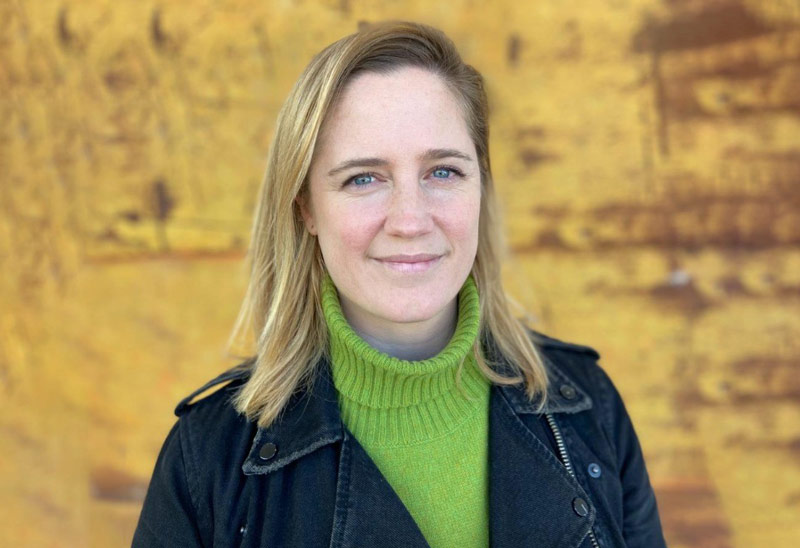AUCKLAND, Today: JCDecaux New Zealand has this morning announced it is resetting its climate strategy to prioritise becoming net-zero by 2050.
Sydney-based JCD AUNZ head of WSG Alexandra Heaven said: “The new strategy means the company will no longer aim for carbon neutrality as it pushes for more ambitious emissions reductions.
“The announcement comes as JCDecaux receives its Toitū carbon neutral certification for 2023 (Scope 1 & 2), that saw a significant 54% reduction in emissions.
“The change of direction reflects evolving best practice in climate responsibility and is aligned with the deep and urgent action needed to stay within the Paris Agreement’s 1.5-degree limit for global warming.
“Carbon neutral has been a useful and motivating claim across the economy, pushing companies to measure their emissions. But it hides the need to shift to an economy that has reduced emissions at the source. We cannot neutralize our way out of the climate crisis.”
Auckland-based JCDecaux New Zealand GM Phil Eastwood said: “As part of its new climate strategy reset, JCDecaux New Zealand joined Ad Net Zero which launched in Aotearoa New Zealand in August this year. Ad Net Zero aims to decarbonise the production, distribution, and publication of advertising.
“Carbon neutral has been useful, pushing companies to measure their emissions. But it hides the need to shift to an economy that has reduced emissions at the source. We cannot neutralise our way out of the climate crisis.”
“JCDecaux New Zealand’s remarkable 54% reduction in carbon emissions shows that our commitment to environmental sustainability is already deeply embedded in the business.
“Joining Ad Net Zero as a founding member, also highlights our collaborative approach. There is more that can be achieved together as an industry than as individual companies.
“Our renewed strategy will see JCDecaux continuing our commitment to transparency, while advancing our engagement with clients and partners on emission reductions.”
“Globally, JCDecaux has a target of net-zero by 2050 across Scope 1, 2, and 3, which means a commitment to reducing emissions across operations, purchased energy, and supply chain by 90% versus 2019 figures. Its 2030 ambition is to reduce Scopes 1 and 2 by at least 60% and Scope 3 emissions by 46% compared to 2019.
“JCDecaux was also the first out-of-home company in the world to join RE100, a global leadership initiative committed to 100% renewable electricity. JCDecaux is the only RE100 out-of-home business in New Zealand.
“In 2020, JCDecaux launched the Future Banner, a more environmentally friendly static billboard skin that is PVC free and reduces landfill waste, for use on standard 12×3 and 6×3 frames. Additionally, Future Banner is able to be recycled into fence posts giving it a second life.”
Toitū net carbonzero programme is a carbon-neutral certification. Toitū net carbonzero and Toitū carbonreduce certifications are accredited by the Joint Accreditation System of Australia and New Zealand (JAS-ANZ) and accredited under ISO 14065.
About JCDecaux
JCDecaux has more than 1 million advertising panels in more than 80 countries and more than 13,000 employees. Incorporated in 1964 in France, JCDecaux was listed on the Paris Stock Exchange in 2001. Its Australian and New Zealand businesses include 40,000 assets spanning airports, rail, transit, static and digital billboards.
Share this Post



